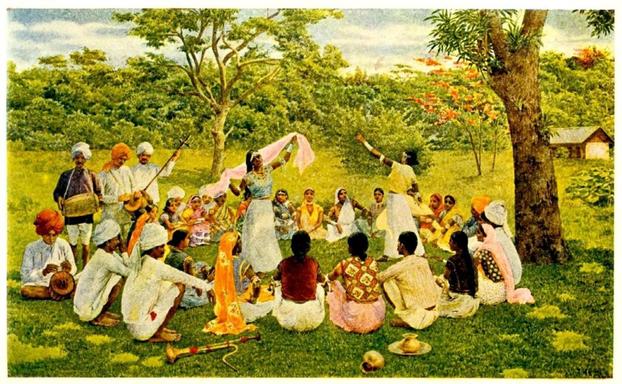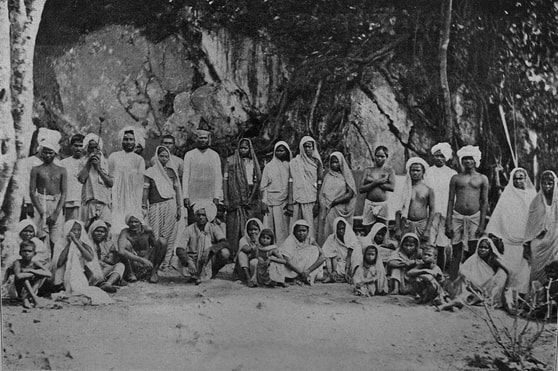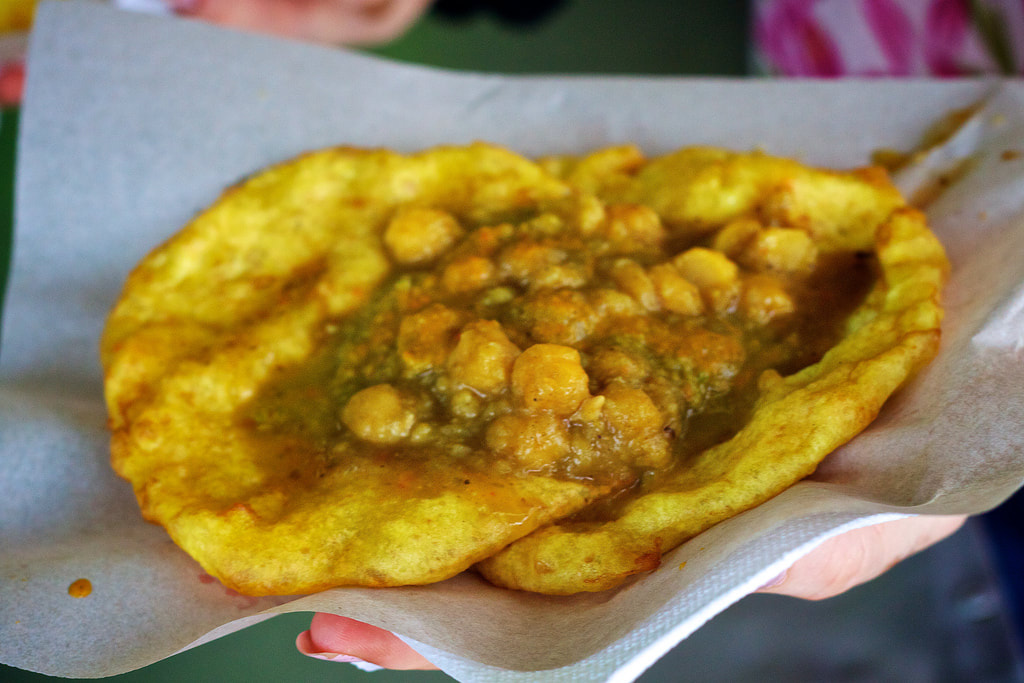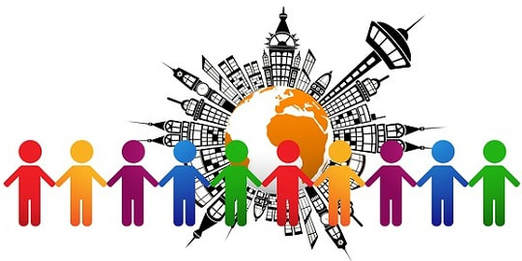During this period of indentureship, labourers were contracted to work on sugar cane fields after the abolition of slavery, between 1845 to 1917, for a period of five years. After this, the immigrants were given a plot of land in place of a return ticket to India. However, to qualify for free passage, the labourers were required to toil an extra five years. The majority opted for this and began life anew in the Caribbean Isles.
Our East Indian ancestors hailed from Northern Indian states such as Bihar and Uttar Pradesh, as well as Bengal and Southern Indian regions. They mainly composed of the working and agricultural classes in Bharat Mata (Mother India), with approximately 85% being Hindus and 14% Muslims venturing to Trinidad, dressed in their dhoti, kurta, sari and laden with folk jewellery. They mainly spoke Bhojpuri, Hindi, Urdu, Arabic and other languages that redefined the lingual composition of the colony.
Temples and mosques are now strewn throughout the country, not forgetting Gurudwaras for Sikhs here as well. A festoon of colours and vibrance enrapture the atmosphere with radiant colourful powders tossed into the air for Holi/ Phagwa; mesmerising grandeur of “theatre in the savannah” for the performance of Ramleela productions and tassa drumming; and flames of earthen pots or deyas illuminating the moon-less night on the public holiday of Divali. One can hear the azaan being called for Jummah or Friday prayers for muslims; delighting in halwa and sawine for the holiday of Eid-ul-Fitr, and the revelling of drummers and processing tadjahs or mausoleums through the streets to the sea for the Shi’a celebration of Hosay.
Happy Indian Arrival Day from RMC!










 RSS Feed
RSS Feed